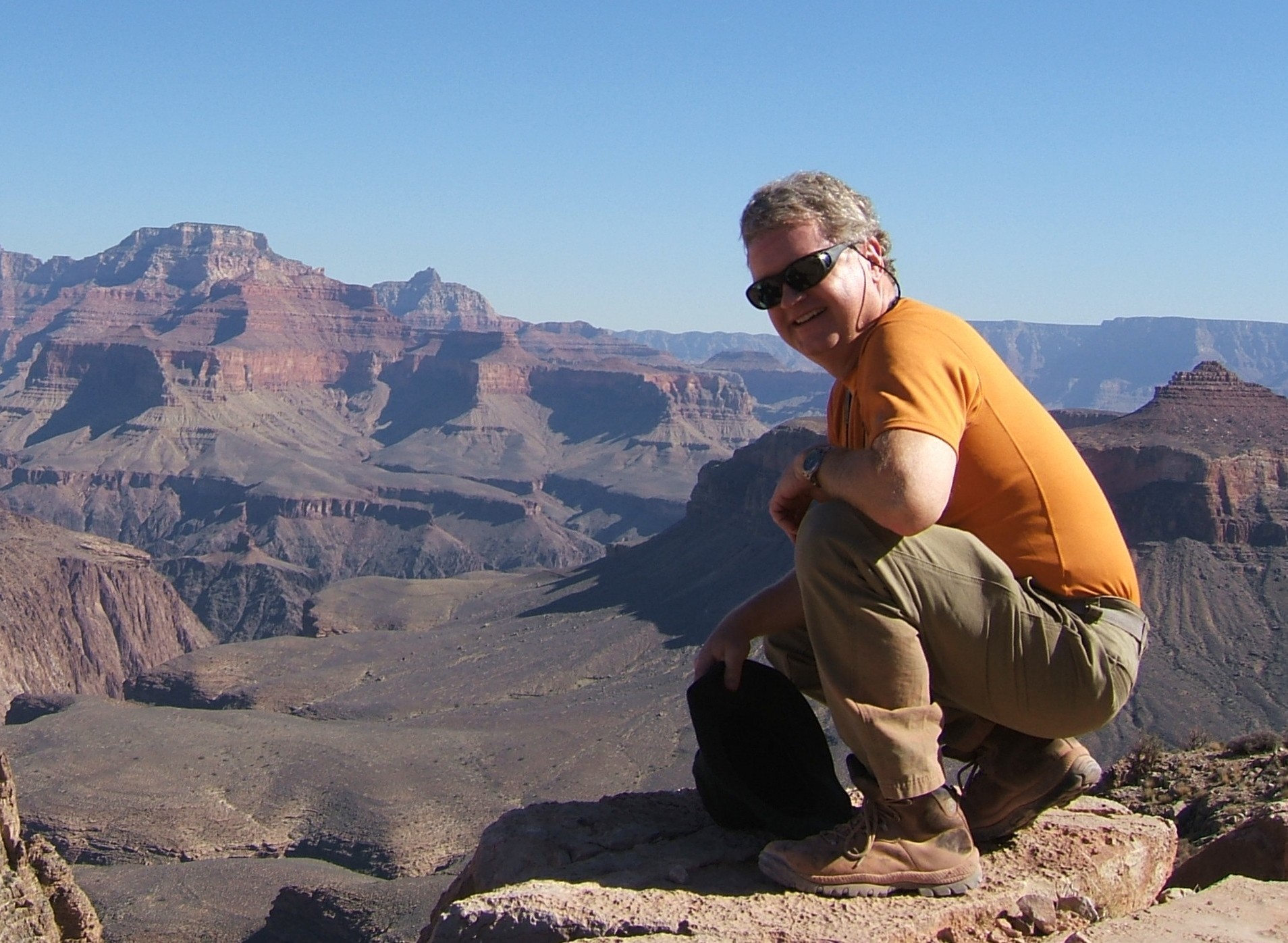The world has changed.
In the span of 90 days, an unlikely viral emissary from Mother Nature has issued forth from a market in Wuhan, China and spread across the globe with dizzying speed and crushing effect. Who could have thought such a tiny, invisible strand of RNA with a flimsy protein coat arranged in a crown-like array, quite pretty on electron microscopy, could wreak so much havoc? We are now finding out.
There is currently a concerted worldwide effort on the part of governments, physicians, hospitals, research institutions, and pharmaceutical companies focusing on development of both a treatment for active disease and a vaccine to immunize humans against infection. This is where we are placing our bets. While we wait for these scenarios to play out, many of our great cities in the US have been struck by fear and uncertainty, their hospitals overwhelmed, their doctors and nurses risking their lives.
The Texas Hill Country sits nervously on the edge of this unprecedented urban calamity.
We who live here know that our time will come but until now, confirmed coronavirus cases are few and far between and our hospitals remain dark and largely empty except for non-virus emergencies. And with aggressive mitigation here, no one is sick with much of anything. It is as if we have had a paradoxical epidemic of wellness. Is this the calm before the storm or are we somehow going to be spared the long-predicted wave or surge that so many other parts of the country have experienced? No one at this time can be certain.
As a physician I suspect all the businesses closing, the staying at home, and the social distancing have worked beautifully to keep the virus at bay. But certainly, things will change. While there are strongly differing opinions as to when and how far to loosen the reins, there is little doubt at some point in the not-too-distant future, loosen them we will. And the Hill Country, like every other region, will have to do so with extreme caution to avoid new or recurrent waves of infection. More widespread testing and contact tracing, currently not possible, will be among the critical prerequisites necessary for the safe easing of restrictions. Time – and the virus – will tell.
From my back porch I look out over the bucolic Polander Creek Valley in Northern Gillespie County. Vultures and ravens crisscross a blue sky dotted with early-season cumulus clouds. It is spring. The brownish gray hues of the winter landscape have given way to a blanket of green. The flowers and prairie grasses have emerged, the trees are in bloom, and the distant burble of the creek waxes and wanes with the gentle breeze. All of God’s creatures, great and small, are moving about as they have for eons, right on schedule and rightly balanced. I feel the sadness and despair that I share with everyone else in the world begin to slip away. Before me, a Creation utterly unaffected by this virus offers me solace – and a lesson.
The incidence of deadly viral outbreaks has been increasing dramatically over the last 20 years and virologists tell us that global scale environmental disruptions brought by expanding human populations are bringing us in closer contact with a contracting, wild biosphere. This is predicted to increase the likelihood of frequent contagion outbreaks. Let us appreciate and understand better our vital connection to the natural world—our very source of life. The current viral outbreak is an aberration warning us of a breach in a magnificent natural system of checks and balances increasingly threatened with collapse. It will be up to us to regain that balance or continue suffering the painful consequences.
 Dr. Leo Tynan is a native of San Antonio and moved to Fredericksburg in 1988 to start his medical practice at the Fredericksburg Clinic. As the grandson of a German rancher, he feels very much at home with the people of Fredericksburg. He received his B.A. from the University of Texas at Austin and his medical degree from Southwestern Medical School in Dallas. Leo is a past President of the Hill Country Alliance and has served on the HCA board since 2010.
Dr. Leo Tynan is a native of San Antonio and moved to Fredericksburg in 1988 to start his medical practice at the Fredericksburg Clinic. As the grandson of a German rancher, he feels very much at home with the people of Fredericksburg. He received his B.A. from the University of Texas at Austin and his medical degree from Southwestern Medical School in Dallas. Leo is a past President of the Hill Country Alliance and has served on the HCA board since 2010.

